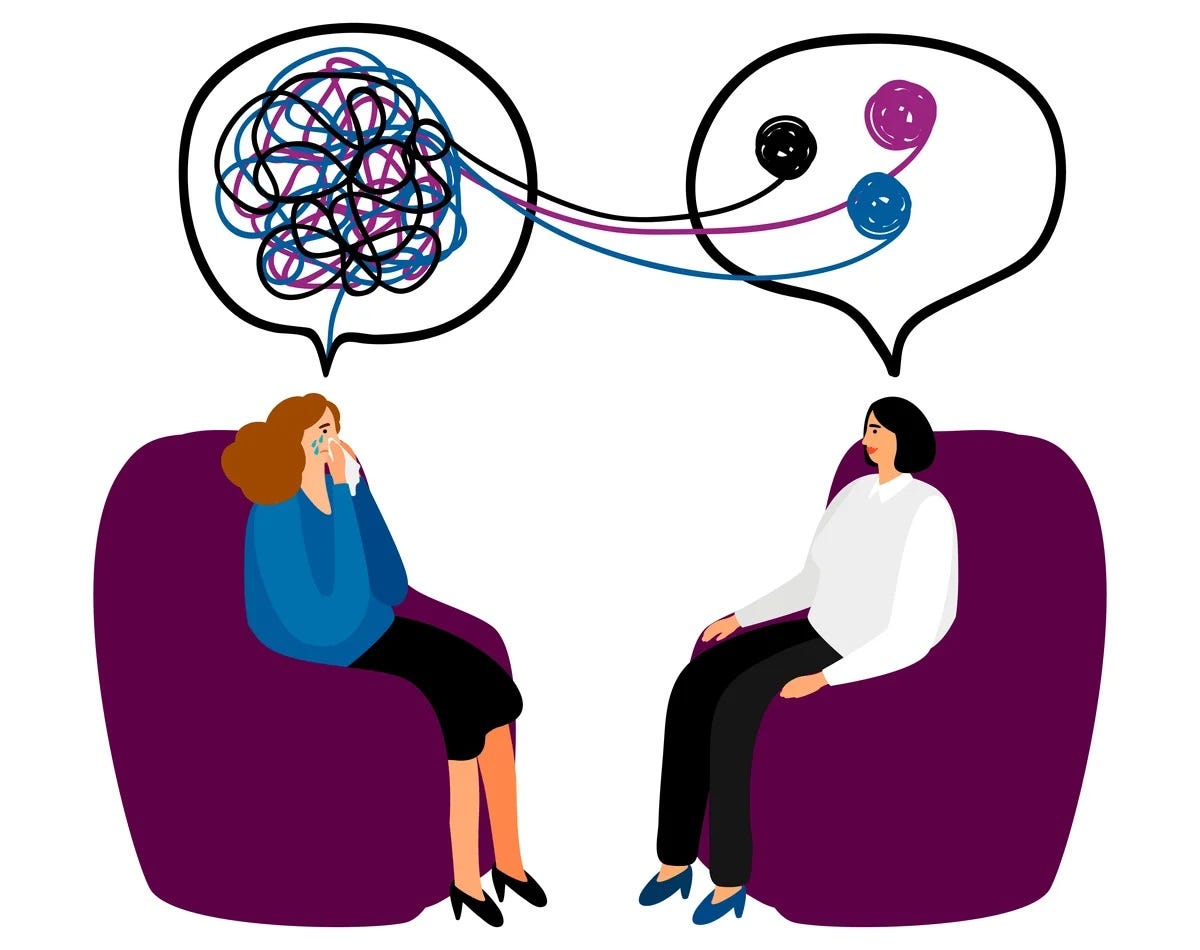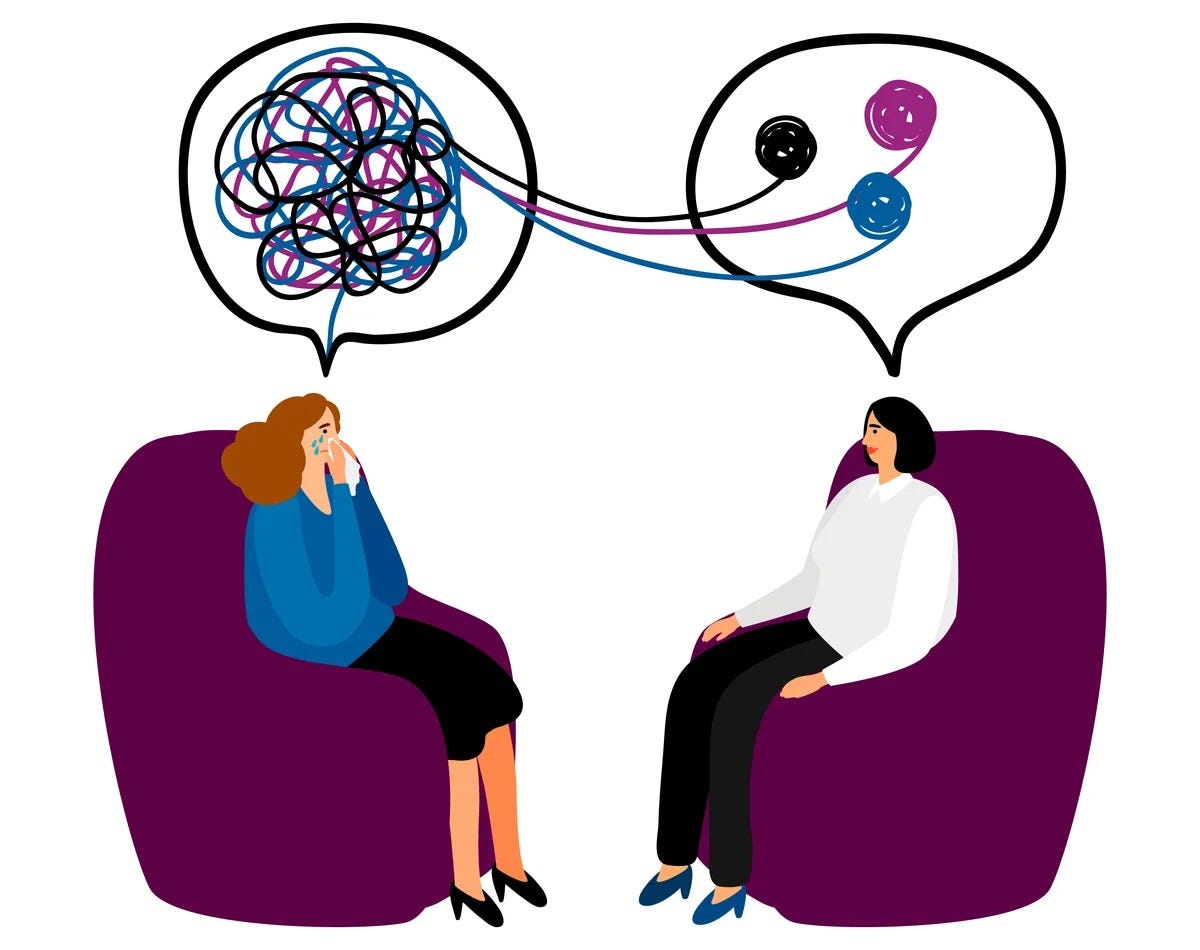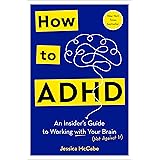
What Is Cognitive-Behavioral Therapy?
Cognitive behavioral therapy focuses on changing negative thoughts and behaviors. It involves identifying and challenging distortions like overgeneralization, catastrophizing and rumination. It also involves practicing behavioral strategies that promote healthy responses.
Developed by Aaron Beck in the 1960s, CBT posits that emotional conditions are caused by how people interpret situations rather than the events themselves. The treatment requires both the therapist and patient to be collaborative, committed and communicative.
Cognitive-behavioral therapy (CBT) is a type of psychotherapy that focuses on changing the way people think. It is often used to treat depression and anxiety.
Cognitive behavioral therapy teaches people healthier ways of thinking, feeling and behaving. It can be used to treat a variety of mental health conditions, including depression and anxiety disorders. It is also sometimes used to treat physical conditions, such as tinnitus and chronic pain.
The central theory of CBT is that problems are caused by how a person interprets situations and events, rather than the situations themselves. For example, a person who is depressed may view everything negatively and assume that things will never improve. CBT focuses on teaching people to identify and challenge these negative perceptions.
A therapist trained in CBT can help people change their unhelpful ways of thinking and behaving through interactive question-and-answer sessions, thought journaling and other techniques. Therapists also teach patients to spot unhealthy emotions and thoughts, such as catastrophizing (dramatically exaggerating the severity of a problem) and all-or-nothing thinking (refusing to accept any positive aspects of a situation).
Cognitive therapy also involves identifying maladaptive behaviors that are contributing to psychological distress. Changing these behaviors can relieve symptoms and prevent the recurrence of those symptoms.
During CBT, a therapist will often use a technique called guided discovery, which is based on the philosophical philosophy of Socrates and uses questions to expand a patient’s thinking, highlight alternative perspectives and expose faulty assumptions. During this process, a therapist will help patients discover their own answers to their problems and develop more effective coping strategies.
There are several different subtypes of CBT, including dialectical behavior therapy (DBT), which combines concepts from Eastern meditation with cognitive therapy. Another popular subtype is mindfulness-based cognitive therapy, which incorporates practices from yoga and meditation into the CBT model.
Cognitive behavior therapy is an evidence-based treatment, but it requires a commitment from both the therapist and the client. It is important that the therapist and client have a good working relationship, and that the client participates actively in treatment. This is why it is important to find a therapist that you feel comfortable with and who has the skills to help you overcome your challenges.
It is based on the idea that negative thoughts can lead to unhealthy behaviors.
The negative thoughts that many people have can create feelings of depression, anxiety and upsetting emotions. They can also lead to unhealthy behaviors that can make the feelings even worse. These negative thinking patterns are called cognitive distortions, and they can include false assumptions, unrealistic self-criticisms and denial of reality.
A therapist can help people recognize these unhealthy thought patterns. They can then work with them to challenge those negative thoughts and replace them with healthier ones. For example, if someone thinks that they are unlovable or useless, a therapist can help them to identify the evidence that proves these beliefs are untrue. They may encourage them to acknowledge the friends and family members who love them and value them. This can be a difficult step, but it is essential for the person to realise that their negative thoughts are inaccurate.
This process of challenging and replacing negative thoughts is known as cognitive restructuring. It can be done in a therapy session or on your own. For example, if you believe that you are unlovable, you can challenge this belief by coming up with the evidence that supports it or by asking yourself how often you have felt loved in the past. You can also examine the evidence that supports your irrational fears and ask yourself whether they are likely to come true in the future.
Changing these negative thought patterns takes time, but the results can be significant. For example, if you have anxiety that is caused by a fear of crowds, you can practice exposing yourself to crowded situations in a safe environment until you build up your confidence. Or, if you have depression that is caused by self-criticisms, you can learn to recognize when you are criticizing yourself and replace these negative thoughts with more realistic ones.
Cognitive behavioral therapy is an effective treatment for a wide range of mental health problems. If you are interested in learning more about CBT, contact a mental health professional today. A caring provider with Baptist Health can discuss your options and provide you with the tools you need to change your thinking.
It is based on the idea that people can change their thoughts.
A key element of cognitive behavioral therapy is the belief that people can change their thoughts and behaviors. To do so, they must first understand how maladaptive beliefs and behaviors can affect them. The goal is to help patients develop more realistic and healthy thought patterns. A therapist may use many techniques to achieve this, including self-reflection, thought-recording, behavioral experiments and cognitive restructuring.
A therapist can also help patients identify unhealthy emotions, beliefs and behaviors that are causing problems. They can do this through interactive question-and-answer sessions and by encouraging the patient to keep a journal of their responses to difficult situations. In addition, a therapist can teach coping skills and encourage patients to practice new behaviors in safe and supportive environments.
Cognitive behavioral therapists understand that people think at different levels, and they will use techniques to address each level. For example, a person with social anxiety might start by imagining themselves in an anxiety-provoking situation, then move on to practicing conversations in their home and with friends and acquaintances. This stepping-stone approach is meant to increase confidence and make it easier for the individual to put their new behavior into practice.
Another important concept in CBT is the idea that people can only change their beliefs and behaviors if they are willing to challenge them. For this reason, a therapist will often employ the use of Socratic questioning, which is based on the method used by ancient Greek philosopher Socrates. This technique helps a therapist to draw out a patient’s assumptions, provide unbiased evidence against their beliefs and highlight alternative perspectives.
Unlike other types of psychotherapy, cognitive behavioral therapy is primarily concerned with current distressing thoughts and behaviors rather than exploring underlying issues. The theory is that if a person can overcome their current problem, they will be better equipped to deal with future ones.
The therapist will then help the patient implement changes in their environment, lifestyle and routines. Using activities such as activity scheduling and graded task assignment, the therapist will reduce the number of stressful or anxiety-provoking tasks and increase the number of pleasurable or productive ones.
It is based on the idea that people can change their behaviors.
When a person is able to change their behaviors, they may also start to change how they feel about themselves. This can help them become more self-aware and take control of their lives. This is a process that takes time and commitment. In addition to working with a therapist, it is important for people to get support from family and friends.
Cognitive behavioral therapy is different from psychoanalysis, which focuses on uncovering meanings and interpreting past events. Instead, cognitive behavioral therapy focuses on the present and the future. It also teaches patients to identify and replace distressing thought patterns. This helps them manage their emotions more effectively and improves their quality of life.
While it is important to recognize that people can make changes, it is also important not to push too hard or expect too much from a person. Some people do not want to change their behavior, or they are too overwhelmed to try. In these cases, it is helpful for the therapist to understand why this is the case. The therapist can then offer other treatments or suggest outside resources that may be helpful to the client.
Behavioral therapy is often used to treat anxiety disorders and phobias, but it can also be useful in other conditions such as chronic pain and sleep problems. It aims to teach people healthier ways of behaving and thinking by using techniques like role playing and practice sessions.
In addition to teaching skills, behavioral therapy can also help people overcome negative thoughts and feelings that are not related to their behaviors. It can be helpful for people with social anxiety to learn conversational skills that they can practice in their daily lives, and it can reduce negative thoughts and feelings about themselves.
Cognitive behavioral therapy is a good option for anyone who wants to change their behavior or thoughts, but it’s important to find the right therapist for you. Look for a therapist who specializes in your condition and has a strong background in CBT. Ask your doctor for a referral or search online to find a therapist near you who is certified by your state’s mental health association.






